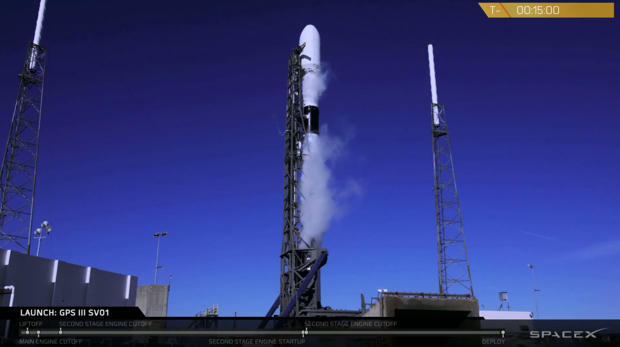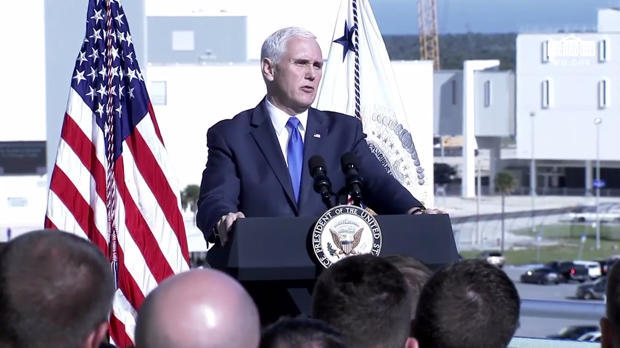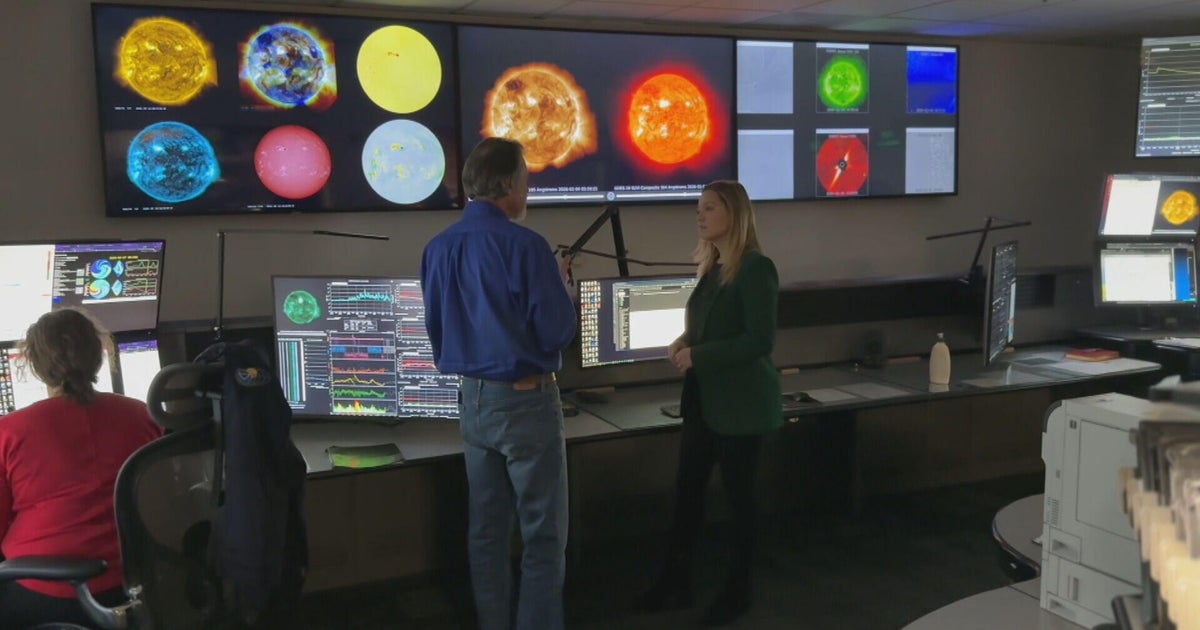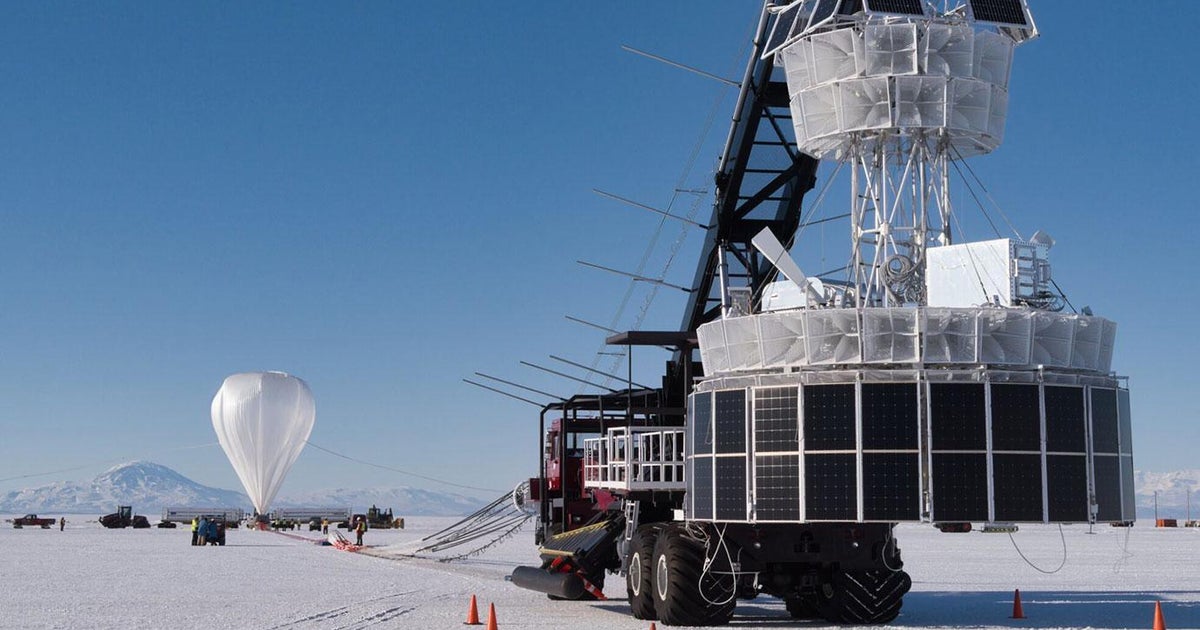SpaceX, Blue Origin delay high-profile rocket launches
Bad weather and last-minute technical snags triggered launch delays for three high-profile rockets Tuesday, including an attempt by SpaceX to launch a next-generation navigation satellite and another by Blue Origin to send its New Shepard spacecraft off on a sub-orbital flight carrying 10 NASA-sponsored experiments.
In addition, Arianespace, the European consortium that markets French-built Ariane and Russian-built Soyuz boosters, had to call off a Soyuz launch from French Guiana because of high winds.
The delays set up a particularly busy day Wednesday when Arianespace and SpaceX plan to try again, followed by landing of a Russian Soyuz spacecraft in Kazakhstan Wednesday evening bringing three crew members home from the International Space Station after a 196-day mission.
SpaceX was minutes away from launch of a Falcon 9 rocket from the Cape Canaveral Air Force Station when a hold was ordered due to a temperature issue with the liquid oxygen and kerosene propellants in the booster's first stage. The long-awaited flight already had slipped to nearly the end of the available launch window because of high upper level winds when the issue cropped up.
There was not enough time left in the window to fix the problem, so launch was delayed to 9:07 a.m. EST Wednesday. On board: the first in a series of more powerful Global Positioning System navigation satellites built by Lockheed Martin.
Vice President Mike Pence was on hand a the nearby Kennedy Space Center to take in the launch and reassured space workers he understood the importance of making sure all systems are "go" before committing a half-billion-dollar satellite to flight.
"The most important thing is that we get that rocket up safely and securely and it achieves its mission," he said. "I know this bird is going to fly and when it flies, it's going to make a difference for the security and prosperity of the American people. Job well done."
Pence took the opportunity to provide an update on the Trump administration's plans to create a U.S. Space Force, saying the president is setting up a new Space Command to oversea all the nation's activities in the space arena.
"President Trump will direct the Department of Defense to establish a combatant command that will oversea all our military activities in space," Pence said. "The U.S. Space Command will integrate space capabilities across all branches of the military, it will develop the space doctrine, tactics, techniques and procedures that will enable our war fighters to defend our nation in this new era."
Two-and-a-half hours after the SpaceX launch Wednesday, Arianespace plans to make another attempt to boost a French military surveillance satellite into orbit from its flight facility in French Guiana.
Russian recovery forces in Kazakhstan, meanwhile, pressed ahead with preparations for the planned re-entry and landing of the Soyuz MS-09/55S spacecraft carrying vehicle commander Sergey Prokopyev, flight engineer Alexander Gerst and NASA astronaut Serena Auñón-Chancellor back to Earth.
The crew plans to undock from the space station at 7:40 p.m. Wednesday, leaving Expedition 58 commander Oleg Kononenko, Canadian astronaut David Saint-Jacques and NASA astronaut Anne McClain behind aboard the lab complex. If all goes well, the Soyuz will land near the town of Dzhezkazgan, Kazakhstan, around 12:04 a.m. Thursday.





